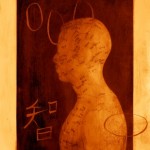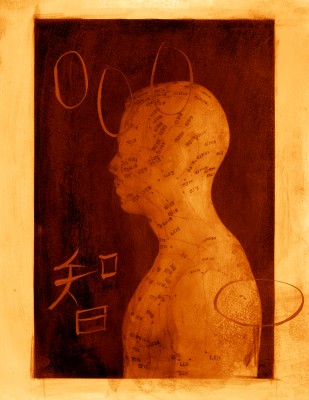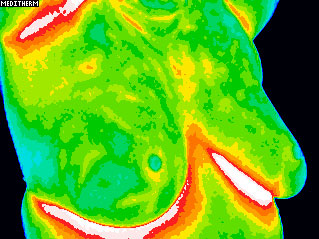 There are so many different types of credentialed professionals who offer acupuncture in California. It is very difficult for the public to discern differences between these professionals who advertise expertise in the acupuncture modality. Every week a patient asks me some variation on this question:
There are so many different types of credentialed professionals who offer acupuncture in California. It is very difficult for the public to discern differences between these professionals who advertise expertise in the acupuncture modality. Every week a patient asks me some variation on this question:
What is the difference between the different degrees and titles in terms of training and education?
The highest recognized degree in the United States is a Doctor of Acupuncture and Oriental Medicine (DAOM). Akin to a PhD, the DAOM is the highest accredited degree recognized by the national accreditation committee, NCCAOM. DAOM programs last for two years and offer specializations in Fertility, Gynecology, Pain Management, Cancer Treatment, Medical Qi Gong and Psychiatry. Additionally, this degree is the only one to culminate in a doctoral thesis.
The Licensed Acupuncturist (LAC) is conferred to those who have license to practice acupuncture, herbology and may act as a primary health care provider in California. This license that can be obtained by people with differing levels of education. However, they must either complete an intensive tutorial (a program in which Dr. Rozenn has trained students) or attend a 4 year full-time graduate program. The California state acupuncture licensing exam is infamous for its difficulty. To keep the license current, at least 50 hours of continuing education, including classes on drug-herb interactions and herb safety, must be completed every two years.
The basic entry level formal education required to sit for the California State boards consists of a Masters of Science (MTCM).
This degree was recently replaced by the Doctor of Traditional Chinese Medicine (DTCM). The curriculum is very similar to an MTCM which consists of at least 3,000 hours and includes didactic classes in Chinese medical theory and diagnosis, acupuncture theory and technique, herbology, and allopathic medicine. An additional 950 hours of clinical practice is required.
DTCM/DAC Bridge Programs are available to those who completed a MTCM and want the title of doctor, but do not wish to gain a DAOM. This is a relatively easy route to a “doctorate”. To obtain this degree, candidates take online courses about one weekend per month for less than one year in allopathic medicine and public health. There is generally very little Chinese medicine education. There are no specializations included, none or a very minimal capstone project required for this “doctorate”. This is a way to bring MTCM degree holders in line with DTCM entry level education.
I wrote this post to educate the public on the variety of “doctorates” in my profession. It concerns me that there is no standard for the term “doctor”. Unfortunately, rather than presenting a unified front to the public, my profession has decided to break itself up into groups of “doctors” which only serves to water down the degree and confuse patients. Hopefully, now you have a guide to understanding what level of education your practitioner possesses.





